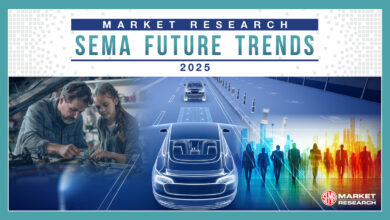CARB Backs California Amendment to Retain High Fuel Standards
The California Air Resources Board (CARB) has posted a proposal that would ensure 2021-2025 cars and light-duty trucks continue to meet tough standards in California. The proposal was created to challenge a recent NHTSA and EPA proposal to lower fuel standards for 2021-2025 vehicles.
“Dirty, gas guzzling vehicles are a direct assault on public health, and foreclose our ability to rein in air pollution and greenhouse gases,” said CARB Chair Mary D. Nichols. “California will take all actions to ensure that the smart standards we developed in partnership with the auto industry to cut greenhouse gas emissions from vehicles stay in place.”
Under CARB’s existing regulation, adopted in 2012, cars meeting federal standards for model years 2017-2025 are deemed to comply with California standards. This provision had the benefit of creating a single national program allowing automakers to meet one set of fleet-wide standards throughout the nation, including in California and the 12 other states that have adopted California standards, according to CARB. The new federal regulation proposed last week would freeze vehicle greenhouse gas standards at 2020 levels.
The proposed amendment announced this week would clarify California’s existing regulation to ensure that if the U.S. EPA changes its standards, then automakers wishing to sell cars in California after the 2020 model year would need to meet California’s standards.
CARB is requesting public comments on its proposed amendments. The comment period begins Aug. 10 and continues through Sept. 24. CARB will consider the proposal for adoption at its regular meeting set for Sept 27-28.
“Specifically, CARB requests comments on potential flexibilities that might allow for continued compliance with the federal standards, or reward national actions to promote cleaner vehicles,” the group stated in a news release.
“CARB remains committed to a national program that fulfills our mission to protect public health, welfare and the environment. That program is built on a robust technical foundation and sound economic analysis,” said CARB Executive Officer Richard Corey. “We continue to be open to discuss well documented technical analysis that provides real public health, environmental, and economic benefits including options that consider additional flexibilities.”



